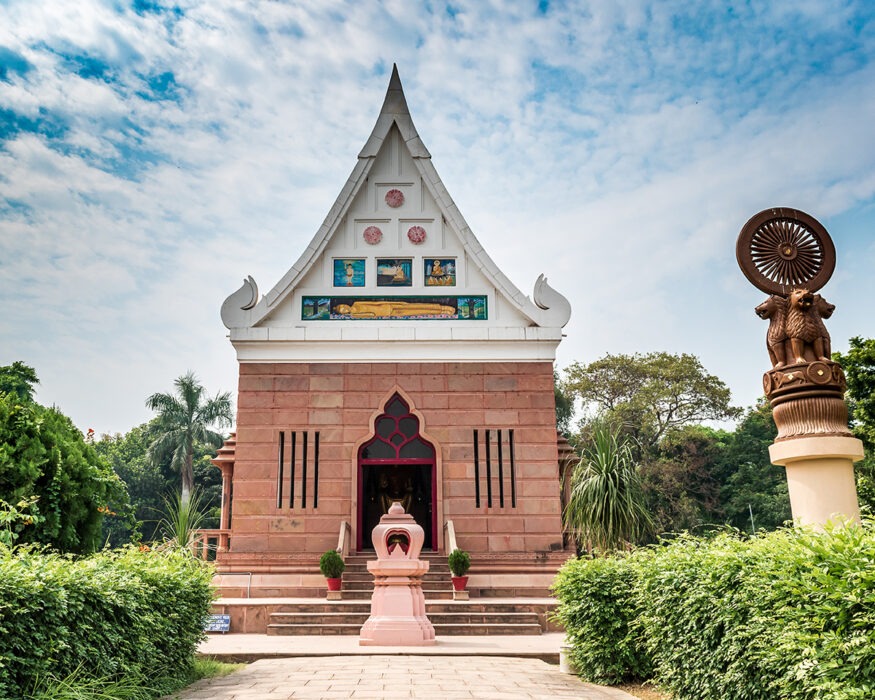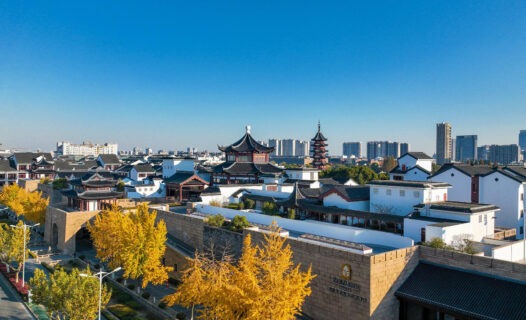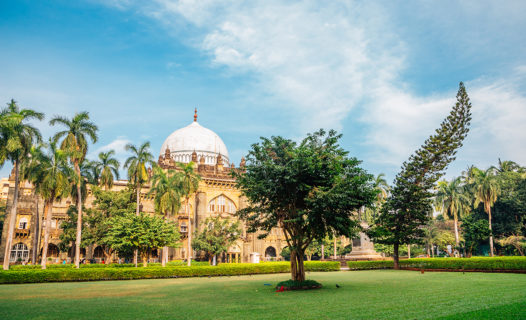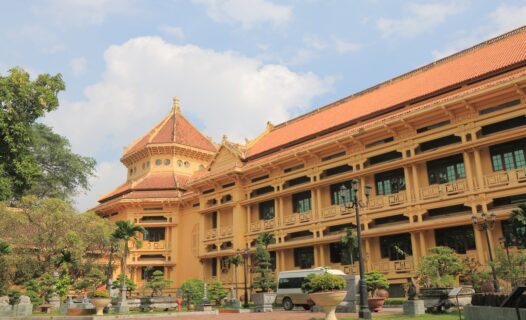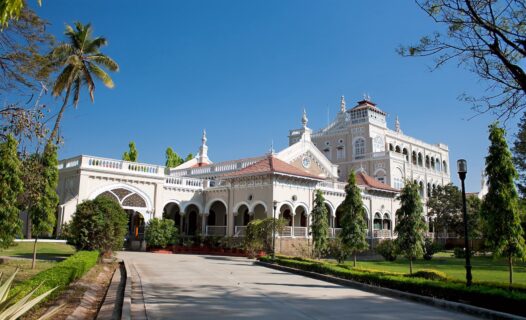Celebrating Gandhi Jayanti: A Day of Peace and Unity
Every year on October 2nd, India comes alive with a spirit of peace and unity as the nation honors the birthday of one of its most revered leaders, Mahatma Gandhi. Gandhi Jayanti is not just a day marked on the calendar; it embodies the essence of Gandhi’s teachings on non-violence and harmony. This national holiday serves as a reminder of the values that Gandhi stood for and inspires millions to reflect on the importance of peace in our everyday lives.
As we celebrate Gandhi Jayanti, the significance of this day transcends mere remembrance. It’s a moment to come together, to embrace the principles of non-violence, and to celebrate the diversity that makes India so unique. Across the country, people participate in various activities, from community service to cultural events, all aimed at promoting the ideals of peace and unity. Whether you are in bustling cities or serene villages, the spirit of Gandhi’s teachings resonates everywhere, urging everyone to contribute to a more harmonious society.
The Essence of Gandhi Jayanti
Gandhi Jayanti is often referred to as a peace day, a day dedicated to reflecting on the profound impact of Gandhi’s philosophy. His commitment to non-violence and peaceful protests paved the way for India’s independence and has influenced countless movements around the globe. Today, as we celebrate Gandhi Jayanti, it is an opportunity to not only honor his legacy but also to engage in activities that promote social harmony and understanding.
From public speeches to art exhibitions, the celebrations are as diverse as the country itself. Many people take this day to engage in community service, planting trees, cleaning public spaces, or participating in local initiatives that embody Gandhi’s spirit of giving back. These actions are not just tributes; they are a call to action for everyone to contribute positively to society.
Cultural Events Across India: A Festive Extravaganza
Gandhi Jayanti is celebrated with great enthusiasm across India, with each region showcasing its unique cultural flair. From parades to spiritual gatherings, the activities reflect the rich tapestry of Indian heritage. Let’s take a closer look at how different states celebrate this important day.
North India: Parades and Community Gatherings
In North India, particularly in states like Delhi and Punjab, Gandhi Jayanti events often include grand parades featuring colorful floats, traditional music, and dance performances. The streets are filled with the sounds of drums and the vibrant colors of cultural attire as communities come together to celebrate. Local schools and organizations also organize community gatherings where people share stories of Gandhi’s life and teachings, fostering a sense of unity and purpose.
South India: Traditional Performances and Spiritual Gatherings
Down south, states like Tamil Nadu and Kerala honor Gandhi Jayanti with traditional performances, including classical music and dance. Temples and community centers often hold spiritual gatherings, where prayers and hymns are offered in remembrance of the Mahatma. The focus here is on introspection and understanding the deeper meanings of peace and non-violence, aligning with Gandhi’s teachings.
East India: Art and Culture Festivals
In the eastern states, particularly West Bengal and Odisha, Gandhi Jayanti is celebrated with art and culture festivals. Artists and craftsmen showcase their work, often inspired by Gandhi’s life and philosophies. These events not only celebrate his legacy but also promote local artisans and their crafts. Workshops and exhibitions allow visitors to engage directly with the culture, making it a perfect opportunity for travelers to immerse themselves in the local heritage.
West India: Culinary Celebrations and Social Events
Meanwhile, in the western states like Gujarat and Maharashtra, the celebrations take on a culinary twist. Local communities often organize food festivals featuring traditional dishes that reflect the region’s culture. From delicious Gujarati thalis to spicy Maharashtrian snacks, the culinary offerings are a feast for the senses. Social events, including community dinners and potlucks, encourage people to come together, share meals, and discuss Gandhi’s impact on society.
No matter where you are in India, the essence of Gandhi Jayanti is felt through the myriad of cultural events that bring people together in celebration of peace and unity. Each region’s unique approach to honoring Gandhi not only enriches the celebrations but also provides a wonderful opportunity for travelers to explore the diverse cultural heritage of India.
Historical Context and Folklore of Gandhi Jayanti
Gandhi Jayanti is steeped in history, celebrated every October 2nd to honor the birth of Mahatma Gandhi, the father of the nation. His life was a remarkable journey of advocating for peace, non-violence, and civil rights. Born in 1869, Gandhi’s philosophies not only shaped India’s struggle for independence but also inspired global movements for civil rights and freedom.
As we reflect on the historical significance of Gandhi Jayanti, it’s fascinating to note how the day has evolved over the years. Initially celebrated in a more subdued manner, the observance has transformed into a vibrant celebration of Gandhi’s ideals, with activities designed to promote peace and unity. Various events commemorate his life, including reenactments of his famous Salt March and public readings of his writings, which resonate with the timeless values he espoused.
One lesser-known aspect of Gandhi’s life is his time spent in South Africa, where he developed the philosophy of Satyagraha, or non-violent resistance. This approach became a cornerstone of his activism, influencing not only Indian independence but also leaders like Martin Luther King Jr. and Nelson Mandela. Today, as we honor Gandhi on this special day, we also celebrate the global impact of his teachings, which continue to inspire peace movements worldwide.
Family Activities to Enjoy on Gandhi Jayanti
Gandhi Jayanti is not just a day for reflection; it’s also a fantastic opportunity for families to engage in fun and meaningful activities together. Here are some delightful ideas to make the most of this special day:
Educational Programs and Workshops
Many community centers and schools organize educational programs on Gandhi’s life and teachings. These workshops often include storytelling sessions, interactive discussions, and even role-playing activities that allow children to learn about Gandhi’s principles in an engaging way. Families can participate together, fostering a shared understanding of the values of peace and non-violence.
Community Service Opportunities
Gandhi believed in giving back to the community, and what better way to honor his legacy than through acts of service? Families can participate in local clean-up drives, tree planting, or food distribution events. These activities not only promote social responsibility but also strengthen community bonds, making it a fulfilling experience for everyone involved.
Creative Arts and Crafts for Kids
Let the little ones express their creativity by organizing arts and crafts sessions at home or in community centers. Families can create posters with Gandhi quotes, design peace-themed art, or even write letters about what peace means to them. This is a wonderful way to instill the values of Gandhi in children while having fun together!
Culinary Deep Dive: Traditional Dishes for Gandhi Jayanti
No celebration in India is complete without delicious food! Gandhi Jayanti is a perfect occasion to explore traditional dishes that hold cultural significance. Here’s a look at some culinary delights you can enjoy:
Iconic Recipes to Try
One of the most iconic dishes associated with Gandhi is khichdi, a simple yet nutritious mix of rice and lentils. It symbolizes simplicity and health, reflecting Gandhi’s own dietary preferences. Families can cook khichdi together, adding their own twist with spices and vegetables, making it a fun cooking session!
Local Delicacies from Different Regions
Different regions of India celebrate Gandhi Jayanti with their unique culinary traditions. In Gujarat, you might find dhokla, a savory steamed cake made from fermented rice and chickpea batter, while in Maharashtra, is often prepared, symbolizing the sweetness of life. Exploring these local delicacies can be a delightful culinary adventure for families.
Cooking Classes and Workshops
For those looking to enhance their culinary skills, many cities host cooking classes focusing on traditional Indian cuisine. Participating in these workshops not only teaches valuable cooking techniques but also connects families with the rich culinary heritage of India. Plus, it’s a great way to bond over food!
Gandhi Jayanti Events: Where to Celebrate Across India
As you plan your Gandhi Jayanti celebrations, consider visiting some of the key locations where the spirit of Gandhi is most palpable. Here are a few must-visit places:
Raj Ghat, New Delhi: The Heart of the Celebration
Raj Ghat, the memorial dedicated to Mahatma Gandhi, is the focal point of national celebrations. On Gandhi Jayanti, visitors can witness a solemn ceremony where floral tributes are offered. The atmosphere is filled with reverence as people gather to pay their respects. It’s a unique experience that connects you with the essence of Gandhi’s teachings.
Sabarmati Ashram: A Pilgrimage for Peace
Located in Ahmedabad, the Sabarmati Ashram was one of Gandhi’s residences and a hub for his revolutionary activities. On Gandhi Jayanti, the ashram hosts various programs, including talks and exhibitions that showcase Gandhi’s life. Visiting this historical site offers a deeper understanding of his philosophies and their relevance today.
Local Celebrations: Where to Join in the Fun
Across India, local communities organize celebrations that reflect regional cultures. From parades in Delhi to cultural performances in Kerala, there’s no shortage of festivities. Check local listings for events happening near you, and join in the fun! It’s a fantastic way to experience the diversity of India while honoring Gandhi.
Practical Information for Travelers: Tips for a Memorable Gandhi Jayanti
If you’re traveling to India for Gandhi Jayanti, here are some helpful tips to ensure a memorable experience:
Booking Accommodations: What to Know
With many people traveling to participate in Gandhi Jayanti celebrations, it’s wise to book accommodations well in advance. Look for hotels near major event locations to immerse yourself in the festivities. Agoda offers a variety of options to suit every budget, ensuring you find the perfect place to stay.
Safety and Health Guidelines for Large Gatherings
As with any large gathering, it’s important to stay safe. Keep an eye on your belongings, stay hydrated, and follow any health guidelines in place. If you’re attending events at crowded places, consider wearing a mask and practicing social distancing to ensure a safe experience for everyone.
Transportation Details for Event Locations
Public transport is often the best way to navigate cities during busy celebrations. Familiarize yourself with local transportation options, such as buses and metro services, and plan your routes in advance. Ride-sharing services can also be a convenient option for getting to events without the hassle of parking.
Volunteering Opportunities: Giving Back on Gandhi Jayanti
Gandhi Jayanti is a perfect time to give back to the community. Many organizations organize volunteer activities that embody Gandhi’s spirit of service. Here are some ways to get involved:
From participating in community clean-up drives to joining food distribution initiatives, there are plenty of opportunities to make a difference. You can also find local NGOs that welcome volunteers for educational programs or health camps. Engaging in these activities not only honors Gandhi’s legacy but also enriches your travel experience by connecting you with local communities.
Fun Facts About Gandhi Jayanti Celebrations
Did you know that Gandhi Jayanti is not just celebrated in India? It has been recognized by the United Nations as an International Day of Non-Violence! Here are some more fun facts:
- The day is marked by various events, including peace marches, prayer meetings, and film screenings about Gandhi’s life.
- Many schools in India hold special assemblies where students recite Gandhi’s teachings and perform skits.
- Gandhi Jayanti is also a day for reflection, with many people choosing to fast or meditate in honor of his principles.
Commonly Asked Questions (FAQs) About Gandhi Jayanti
As Gandhi Jayanti approaches, many people have questions about its significance and how to celebrate. Here are some common queries:
What is the significance of Gandhi Jayanti?
Gandhi Jayanti honors the birth of Mahatma Gandhi and celebrates his principles of peace and non-violence, inspiring individuals and communities worldwide.
What are some popular Gandhi Jayanti wishes?
Wishes often include phrases like “May the spirit of Gandhi inspire us all to pursue peace” or “Wishing you a day of reflection and harmony.”
Are there any famous quotes by Gandhi that are shared on this day?
Absolutely! Quotes like “Be the change you wish to see in the world” and “An eye for an eye only ends up making the whole world blind” are commonly shared and celebrated.
Seasonal Travel Insights: Best Times to Visit India for Gandhi Jayanti
If you’re looking to experience the vibrant culture of India, planning your visit around Gandhi Jayanti is a fantastic idea. The festive atmosphere, combined with the pleasant October weather, makes it an ideal time for travel. Besides Gandhi Jayanti, consider exploring other festivals that coincide with this time, such as Dussehra or Diwali, for an even richer cultural experience.
Traveling during this season allows you to witness the diverse celebrations across the country, from the colorful processions in the north to the serene rituals in the south. Make sure to check local event calendars for festivities happening during your visit!
As Gandhi Jayanti approaches, let’s take a moment to reflect on the values of peace, unity, and service that Mahatma Gandhi championed. Whether you’re participating in local events, engaging in family activities, or simply taking a moment to appreciate his teachings, every action counts in celebrating the legacy of this extraordinary leader.

